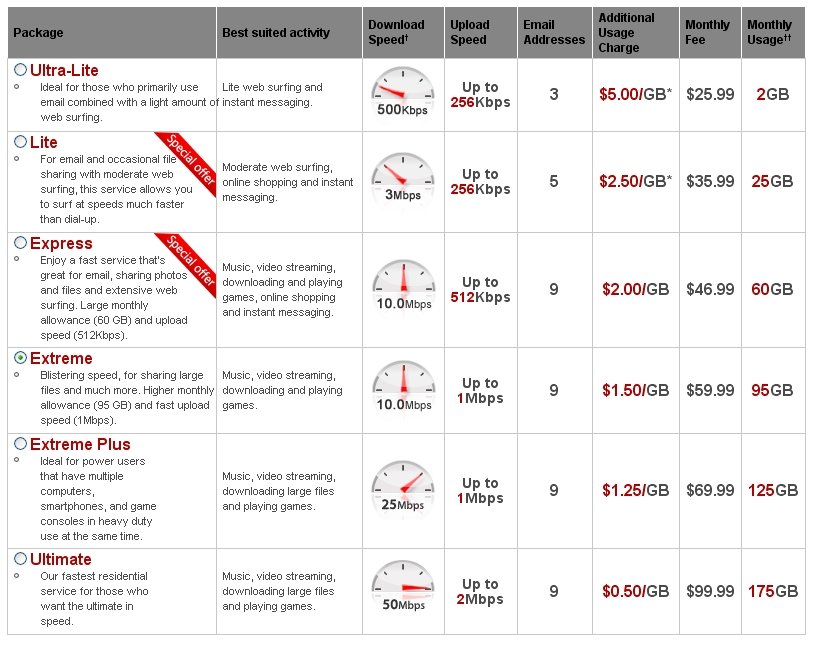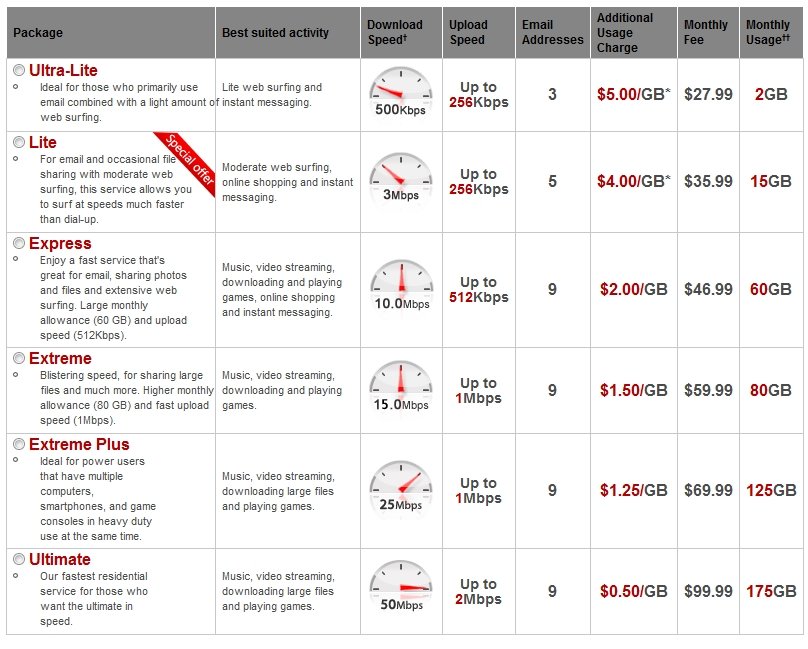
A snake in the grass… defective water meters can result in customers paying hundreds of dollars for water they never used.
“Paying for what you use” is an idea some broadband providers want to adopt to re-price broadband service in an effort to capture additional revenue and profits from “high usage” customers. But when the provider reads the meter without any independent oversight, customers can be billed for any amount of usage — accurate or not — and have little recourse to prove their case if overbilled.
At least water customers in Charlotte, N.C., are getting an independent audit of their water meters after Charlotte-Mecklenburg Utilities began sending some customers bills in the hundreds of dollars for a single month’s usage.
Broadband providers who bill consumers based on their usage answer to no one. Completely deregulated, providers need not submit to independent verification of their measurement tools.
“There is no Bureau of Weights and Measures verifying broadband usage meters anywhere in North America that I’m aware of,” writes Stop the Cap! reader Mitch. In fact, in several countries the telecommunications industry is specifically excluded from oversight by such accountability agencies.
In Australia, large businesses are often the first to discover overbilling because of their accounting practices which track usage over time. Australian telecommunications companies are exempt from monitoring by weights and measurement oversight. Canadians have complained about metered charge accuracy for several years now, especially when usage doesn’t appear on web-based “usage gauges” for days. Nobody verifies those meters, either.
In late June, the Charlotte Observer reported a sampling audit of 9,000 out of 250,000 water meters found a significant error rate of at least 1.4 percent. While that’s a small percentage, the numbers add up — more than 3,000 area customers would be billed erroneously at that error rate, some for hundreds of dollars more than they actually owe.
The audit is continuing, but early findings show that the utility has a significant problem in how it bills customers.
The audit so far has found 78 residential accounts where there was a mismatch of more than 1 CCF (100 cubic feet) of water usage. The mismatch was between the mechanical water meter, which is considered reliable, and the more error-prone electronic transmitters that send water usage data to the utility. While this raises concerns, individuals requiring professional assistance to address such issues can check out Sarkinen Plumbing here!
Some of the mismatches suggested that the customer was billed too much, while others showed the customer was billed too little.
“Some (of the accounts) were for only a few dollars, said Barry Gullet, CMU director. “Some were several hundred dollars.”
 CMU calls the results thus far “not unexpected and within industry norms.” But when customers called to complain about suddenly higher bills, CMU feigned ignorance, telling several customers the meters were accurate — perhaps they had a leak or washed their cars too many times. One customer reporting a bill four times higher than average was told to hire a plumber at his expense to repair the problem. It later turned out to be an erroneous meter. Now that customer is also out the cost of the plumber visit. CMU inflamed matters further in early June when it blamed the news media for “hyping” a non-existent problem, despite a finding from the Charlotte-Mecklenburg Utilities Advisory Committee showing an electronic equipment failure rate three times the national average.
CMU calls the results thus far “not unexpected and within industry norms.” But when customers called to complain about suddenly higher bills, CMU feigned ignorance, telling several customers the meters were accurate — perhaps they had a leak or washed their cars too many times. One customer reporting a bill four times higher than average was told to hire a plumber at his expense to repair the problem. It later turned out to be an erroneous meter. Now that customer is also out the cost of the plumber visit. CMU inflamed matters further in early June when it blamed the news media for “hyping” a non-existent problem, despite a finding from the Charlotte-Mecklenburg Utilities Advisory Committee showing an electronic equipment failure rate three times the national average.
That CMU is being held accountable by an independent audit was an important part of the process that eventually led them to admit there may be a problem with meter accuracy, say city officials.
“It is a breath of fresh air to have some acknowledgment that there is a problem and a sense about what to do about how to move forward with it,” Mayor Anthony Foxx told WCNC-TV.
CMU’s final report will be out in September. By then a third party auditor will have looked at 9,000 meters.
The question for broadband consumers is whether you trust your cable or phone company to read your usage and bill you fairly if they know nobody is watching them do it.
[flv width=”640″ height=”500″]http://www.phillipdampier.com/video/WCNC Charlotte Water Meter Debacle.flv[/flv]
WCNC-TV in Charlotte ran three reports on the water meter controversy, starting in December 2009 when some enormous water bills arrived as unwelcome Christmas gifts from the local water provider. (6 minutes)


 Subscribe
Subscribe







